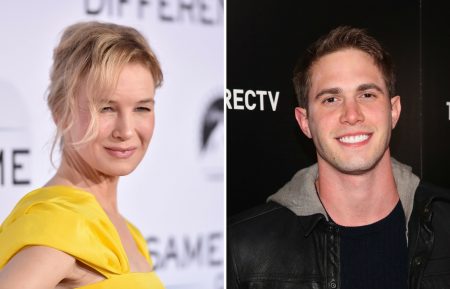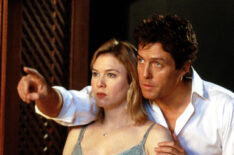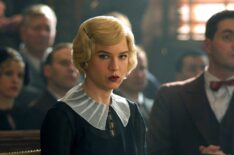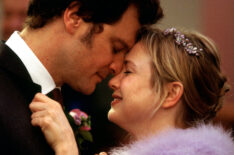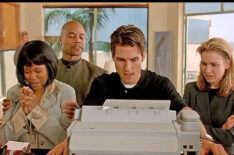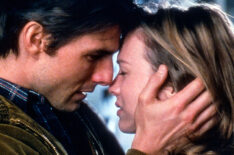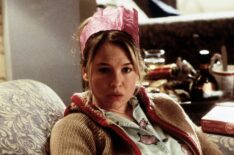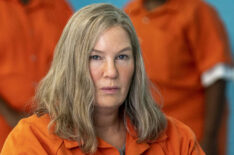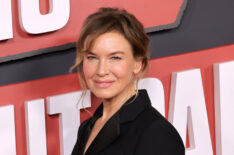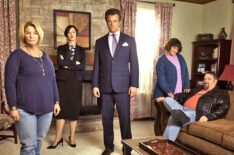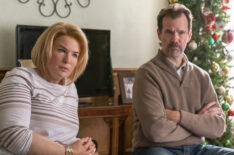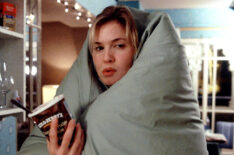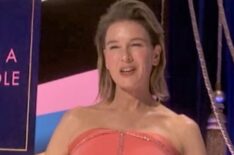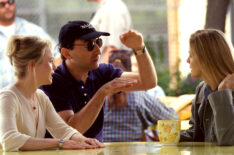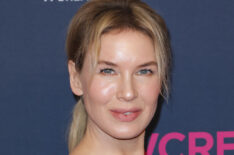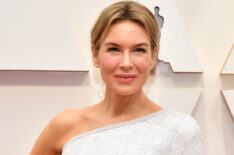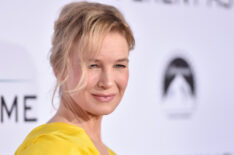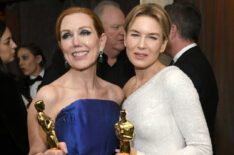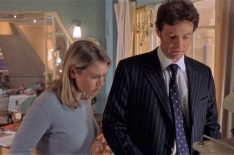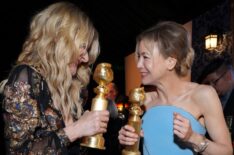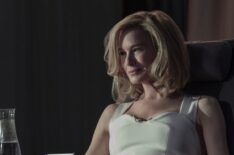Renée Zellweger
Credits

Bridget Jones: Mad About the Boy
Actor
Movie
2025

Altfel, dar la fel
Actor
Show
2023

The Thing About Pam Stream
Actor
Pam Hupp
Series
2022

The Thing About Pam Stream
Executive Producer
Series
2022

Celebrity IOU: Joyride
Guest
Reality
2021

Dateline Special
Guest
Show
2021

A Oscara dobiva...: Chicago
Actor
Show
2021

Becoming
Guest
Show
2021

Being Bridget Jones
Guest
Show
2020

United We Sing: A Grammy Tribute to the Unsung Heroes
Actor
Show
2020

The Kelly Clarkson Show
Guest
Talk
2019

What/IfStream
Actor
Anne
Series
2019

Today With Hoda & Jenna
Guest
Show
2019

JudyStream
Actor
Judy Garland
Movie
2019

The Jess Cagle Interview
Guest
Show
2018

Blue Night
Actor
Tessa
Movie
2018

Harvey Can't Mess With Texas: A Benefit Concert for Hurricane Harvey Relief
Guest
Show
2017

Live with Kelly and Ryan
Guest
Talk
2017

Same Kind of Different as Me
Actor
Deborah Hall
Movie
2017

Harry
Guest
Talk
2016

ChelseaStream
Guest
Talk
2016

Bridget Jones's BabyStream
Actor
Bridget
Movie
2016

The Whole Truth
Actor
Loretta
Movie
2016

The Late Show With Stephen ColbertStream
Guest
Talk
2015

Close Up With The Hollywood Reporter
Guest
Show
2015

Celebrated
Self
Show
2015

The Late Late Show With James Corden
Guest
Talk
2015

Queen Mimi
Self
Movie
2015

Variety Studio: Actors on Actors
Guest
Show
2014

The Tonight Show Starring Jimmy FallonStream
Guest
Talk
2014

Entertainment Studios.TV
Guest
Show
2012

LIVE with Kelly
Guest
Talk
2011

CNN Heroes: An All-Star Tribute
Guest Star
Show
2010

The Talk
Guest
Talk
2010

Lorraine
Guest
Show
2010

My Own Love Song
Actor
Jane
Movie
2010

ES.TV
Guest
Show
2009

The Project
Guest
Show
2009
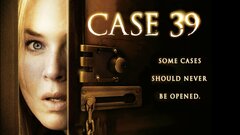
Case 39Stream
Actor
Emily Jenkins
Movie
2009

New in TownStream
Actor
Lucy Hill
Movie
2009

My One and Only
Actor
Ann Devereaux
Movie
2009
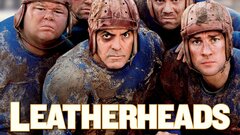
LeatherheadsStream
Actor
Lexie Littleton
Movie
2008
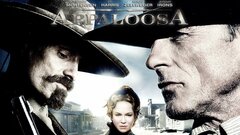
AppaloosaStream
Actor
Alison French
Movie
2008

Living Proof
Executive Producer
Movie
2008

The Graham Norton ShowStream
Guest
Talk
2007

Bee MovieStream
Voice
Vanessa
Movie
2007

Rachael Ray ShowStream
Guest
Talk
2006
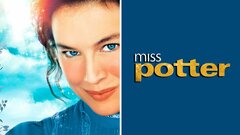
Miss PotterStream
Actor
Beatrix Potter
Movie
2006

Miss PotterStream
Executive Producer
Movie
2006

Entertainment Tonight Canada
Guest
Show
2005

Cinderella ManStream
Actor
Mae Braddock
Movie
2005

The Insider
Guest
Show
2004

Shark Tale
Voice
Angie
Movie
2004

Bridget Jones: The Edge of ReasonStream
Actor
Bridget Jones
Movie
2004

The Ellen DeGeneres Show
Guest
Talk
2003

Jimmy Kimmel Live!Stream
Guest
Talk
2003

Down with LoveStream
Actor
Barbara Novak
Movie
2003
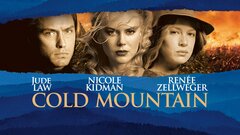
Cold MountainStream
Actor
Ruby Thewes
Movie
2003

White OleanderStream
Actor
Claire Richards
Movie
2002
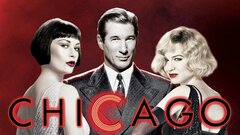
ChicagoStream
Actor
Roxie Hart
Movie
2002

Live With Regis and Kelly
Guest
Show
2001

Bridget Jones's DiaryStream
Actor
Bridget Jones
Movie
2001

Entertainment Studios.com
Guest
Show
2000

Me, Myself & IreneStream
Actor
Irene P. Waters
Movie
2000

Nurse Betty
Actor
Betty Sizemore
Movie
2000

The Bachelor
Actor
Anne Arden
Movie
1999

Kickin' It: With Byron Allen
Guest
Show
1998

A Price Above Rubies
Actor
Sonia Horowitz
Movie
1998
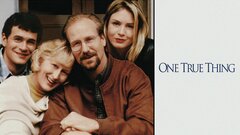
One True ThingStream
Actor
Ellen Gulden
Movie
1998

King of the HillStream
Guest Voice
Tammy Duvall
Series
1997

Liar
Actor
Elizabeth
Movie
1997

Access Hollywood
Guest
News
1996

The Whole Wide World
Actor
Novalyne Price
Movie
1996
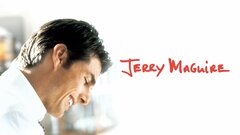
Jerry MaguireStream
Actor
Dorothy Boyd
Movie
1996

Texas Chainsaw Massacre: The Next GenerationStream
Actor
Jenny
Movie
1995
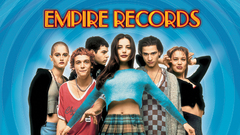
Empire RecordsStream
Actor
Gina
Movie
1995

Entertainers: With Byron Allen
Guest
Show
1994

Extra
Guest
News
1994

Love and a .45
Actor
Starlene Cheatham
Movie
1994

Shake, Rattle and Rock!
Actor
Susan
Movie
1994

Late Show With David Letterman
Guest
Talk
1993

Entertainment Tonight
Guest
News
1981

CBS News Sunday MorningStream
Guest
News
1979

Good Morning America
Guest
News
1975

Saturday Night LiveStream
Host
Series
1975

Today
Guest
News
1952
News aboutRenée Zellweger

‘Bridget Jones: Mad About the Boy’ Movie: First Look at Renée Zellweger & Everything Else We Know
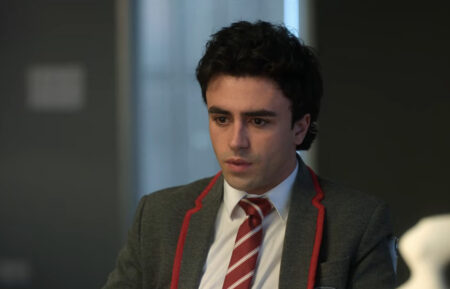
Best Lines of the Week (April 8-14): ‘Everyone Has a Right to Redeem Themselves’
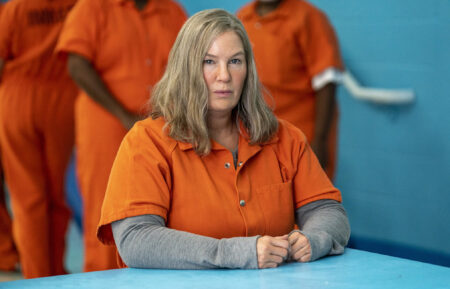
Was Renée Zellweger’s Performance the Best Part of ‘The Thing About Pam’? (POLL)
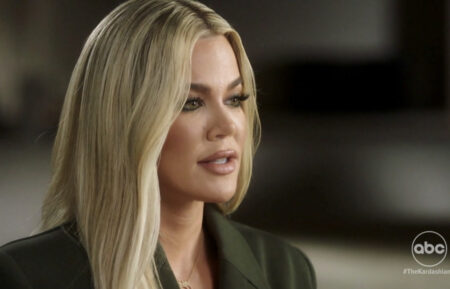
Best Lines of the Week (April 1-7): ‘The Kardashian Machine’
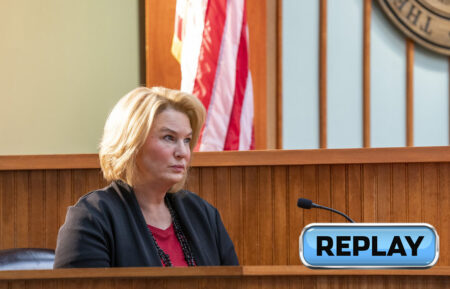
Can’t Miss Episode of the Week: ‘The Thing About Pam’ Big Trial Episode
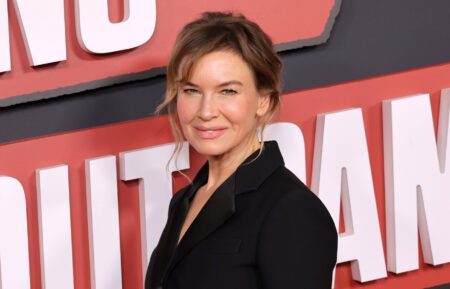
‘Avenger Field’: Renée Zellweger to Star in New Peacock WWII Drama Series

Review
Roush Review: ‘Pam’ Is Many Things, But Is She Interesting?
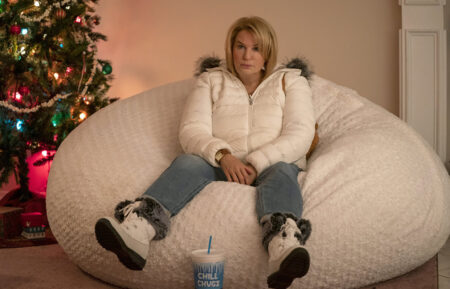
Preview
How Renée Zellweger’s Love of True Crime Spawned ‘The Thing About Pam’

‘The Thing About Pam’ Promo: See Renée Zellweger in NBC’s Limited Series (PHOTOS)
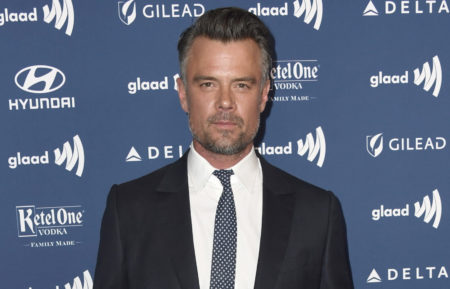
Josh Duhamel Joins NBC Miniseries ‘The Thing About Pam’ With Renée Zellweger
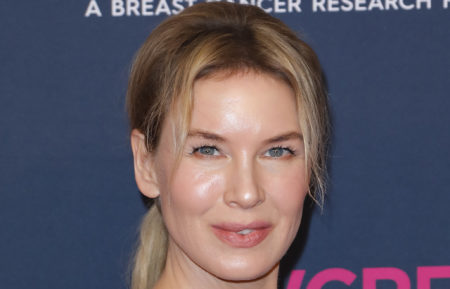
Renée Zellweger and More Stars in True Crime Stories Getting the Hollywood Treatment

Golden Globes 2021: Renee Zellweger, Margot Robbie, Kenan Thompson & More Stars to Present
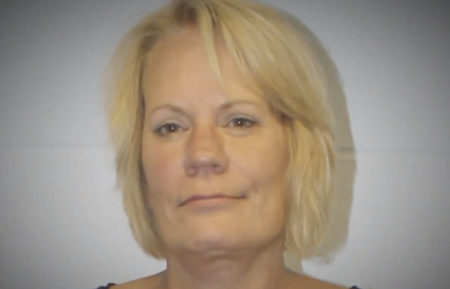
Who Is Pam Hupp, the Convicted Killer Renée Zellweger Will Play on NBC?
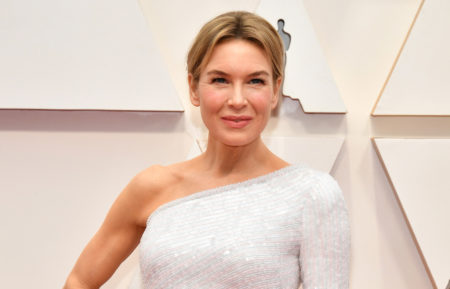
Renée Zellweger to Star in’The Thing About Pam’ on NBC, Marking Her Broadcast TV Debut
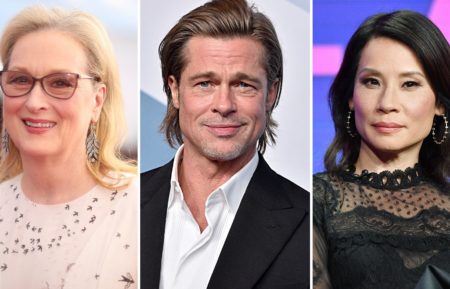
‘King of the Hill’ Ended 10 Years Ago: Looking Back at the Best Guest Stars
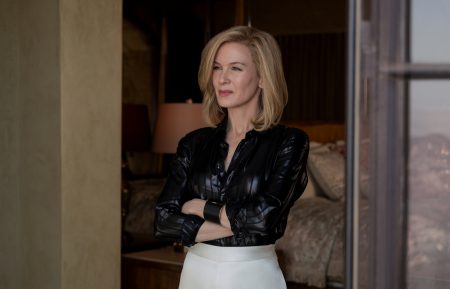
Preview
‘What/If’ Creator Teases Renée Zellweger’s ‘Complex’ Character Anne Montgomery
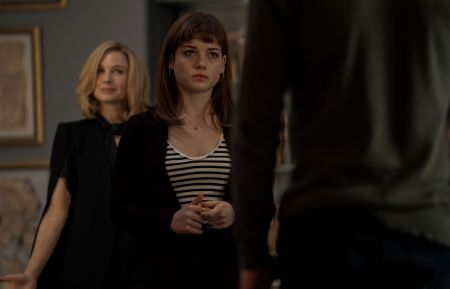
Review
Roush Review: ‘What/If’ May Be More Guilty Than Pleasure
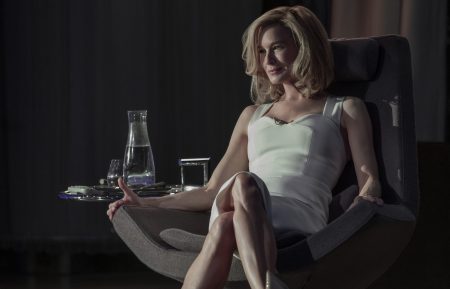
‘What/If’: Renée Zellweger Teases a Wild Game in Netflix Social Thriller (VIDEO)
